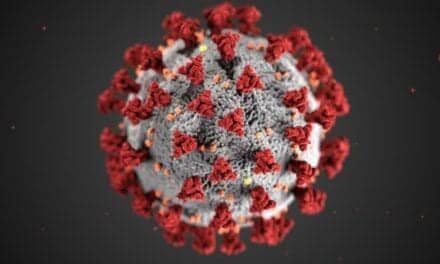Caris Life Sciences, Irving, Texas, has entered into a strategic partnership with Elevation Oncology to enhance patient enrollment practices for genomically driven, tumor-agnostic clinical trials. Using Caris’ suite of molecular profiling offerings, the Caris Pharmatech Just-In-Time (JIT) clinical trial solutions, and the Caris Precision Oncology Alliance (POA) network, the companies will improve traditional clinical trial enrollment in Elevation Oncology’s registration-directed Phase 2 Crestone trial through the real-time, nationwide identification of eligible patients with neuregulin-1 (NRG1) fusion-positive tumors and use of flexible enrollment models for rapid initiation of study treatment. “We are pleased to partner with Elevation Oncology and look forward to working with them to enhance their clinical trial recruitment efforts, with the ultimate goal of reducing the disease burden on NRG1 fusion-positive patients across a range of solid tumors,” says David Spetzler, MS, PhD, MBA, Caris Life Sciences president and chief scientific officer. “The future of cancer treatment depends on today’s clinical trials, and we are excited to use our industry-leading suite of precision medicine technologies to address the challenges typically encountered in genomically driven, tumor-agnostic trials.” Under the terms of the agreement, Caris will help Elevation Oncology identify patients with advanced solid tumors that harbor the NRG1 fusions for participation in Elevation Oncology’s Crestone trial. Eligible patients will be confirmed for participation in Elevation Oncology’s Phase 2 Crestone trial of seribantumab in adult patients with recurrent, locally advanced or metastatic solid tumors that harbor the NRG1 gene fusion. Sarah Cannon Research Institute (Sarah Cannon) has been selected as the first strategic site for Crestone and is currently open and enrolling patients. Eligible patients, including those within the Caris Pharmatech oncology trial network and the Caris Precision Oncology Alliance network, may potentially enroll into Crestone directly at their local oncology center, minimizing travel and keeping patients safe in the face of ongoing restrictions due to covid-19, and helping to bring treatment opportunities directly to the patients that need them. “The identification of oncogenic drivers, like an NRG1 gene fusion, through advanced molecular testing is a critical first step in a patient’s treatment journey,” says Shawn Leland, PharmD, RPh, founder and chief business officer of Elevation Oncology. “Based upon the unique genomic signature of their tumor, physicians can identify the appropriate therapeutics or investigational trial for each individual patient. As an industry, we must emphasize the importance of collaborations between diagnostic providers and therapeutic developers in order to ensure that the best possible outcome for patients with rare, genomically-driven cancers can be achieved.” For more information about seribantumab and the Crestone study, visit NRG1 Fusion.
Caris Life Sciences, Elevation Oncology Partner for Clinical Trial Enrollment





